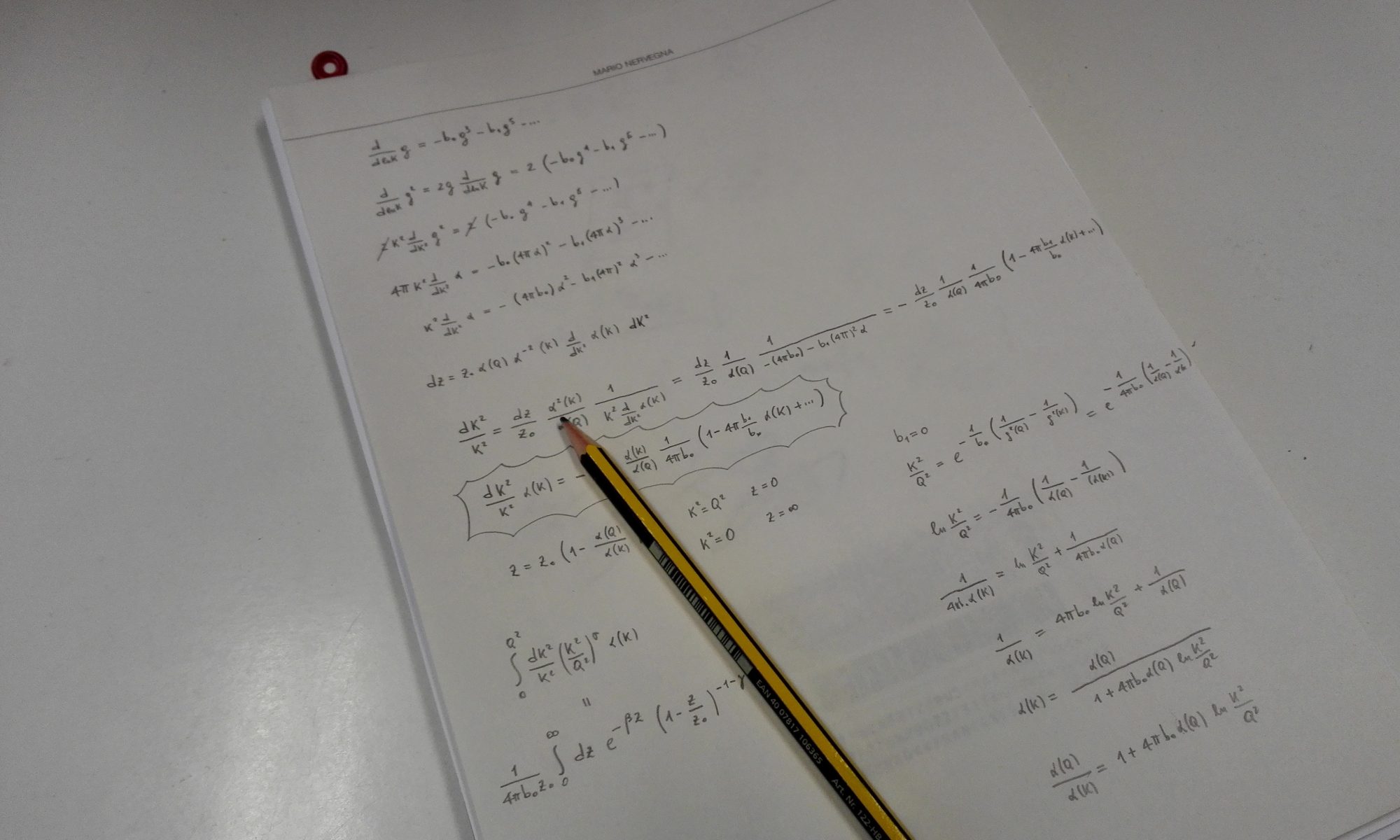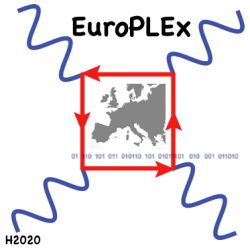Lattice simulations have generally billions of degrees of freedom and constitute one of the most demanding numerical problems. It is an area of physics research that has genuine and substantive impact on energy efficient computing and big data processing. To achieve performances suitable to support an ambitious physics program, lattice simulation software needs to take advantage of any possible form of parallelism, from short vector instructions to shared and distributed memory processing.
Our objectives are the improvement of computation efficiency of lattice codes as well as the investigation of new methods and concepts for scientific workflow management in current HPC architectures. In particular we are confident that our effort will act as a strong driver for higher-level software design aspects, providing realistic practical applications.
The most prominent example of our activities is the work on the development of the general and energy efficient lattice QCD library Grid, publicly available under GPL license (http://github.com/paboyle/Grid). Realistic expectation is that it will soon become a world-leading solution for lattice simulations. Several projects will directly contribute to the development of the high-level, physics measurement framework of Grid. All the code produced will be available freely to the community under GPL license. The study of workflow optimization will be a most interesting complement to code optimization: making decision at workflow level will require to characterize and quantify computational requirements, relying on both heuristic and theoretical performance models. These activities will be conducted in collaboration with computer scientists at Humboldt University.

